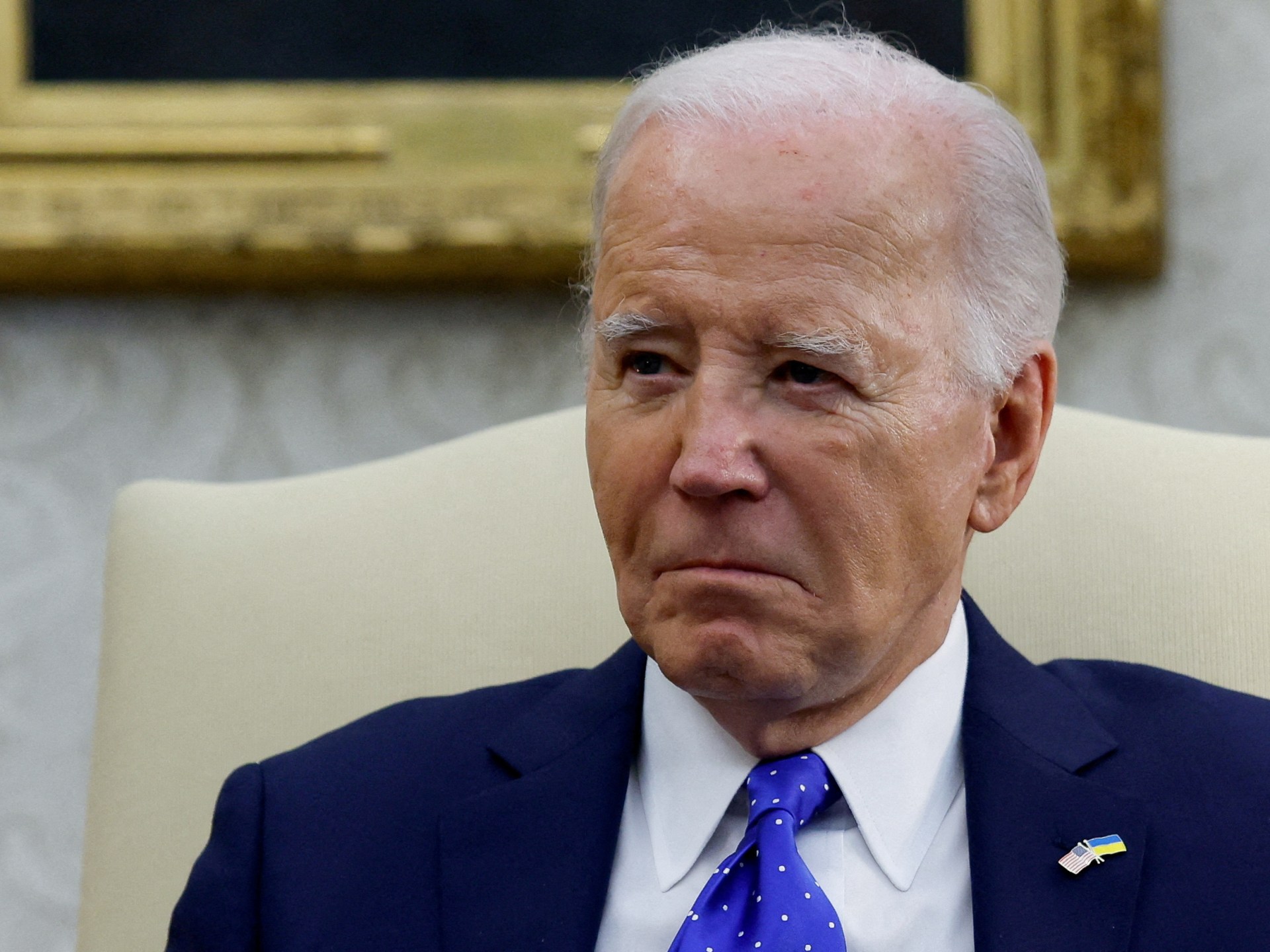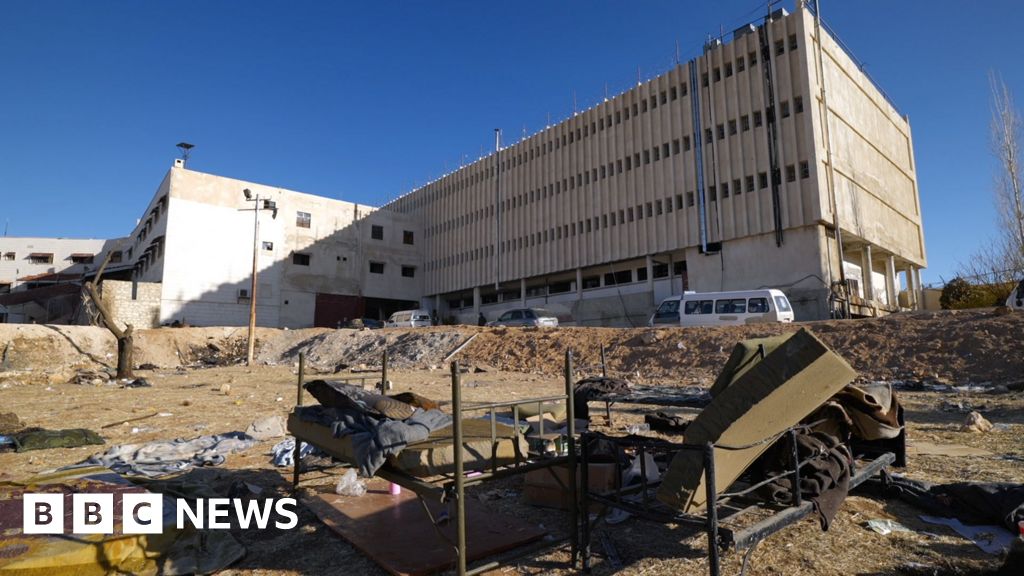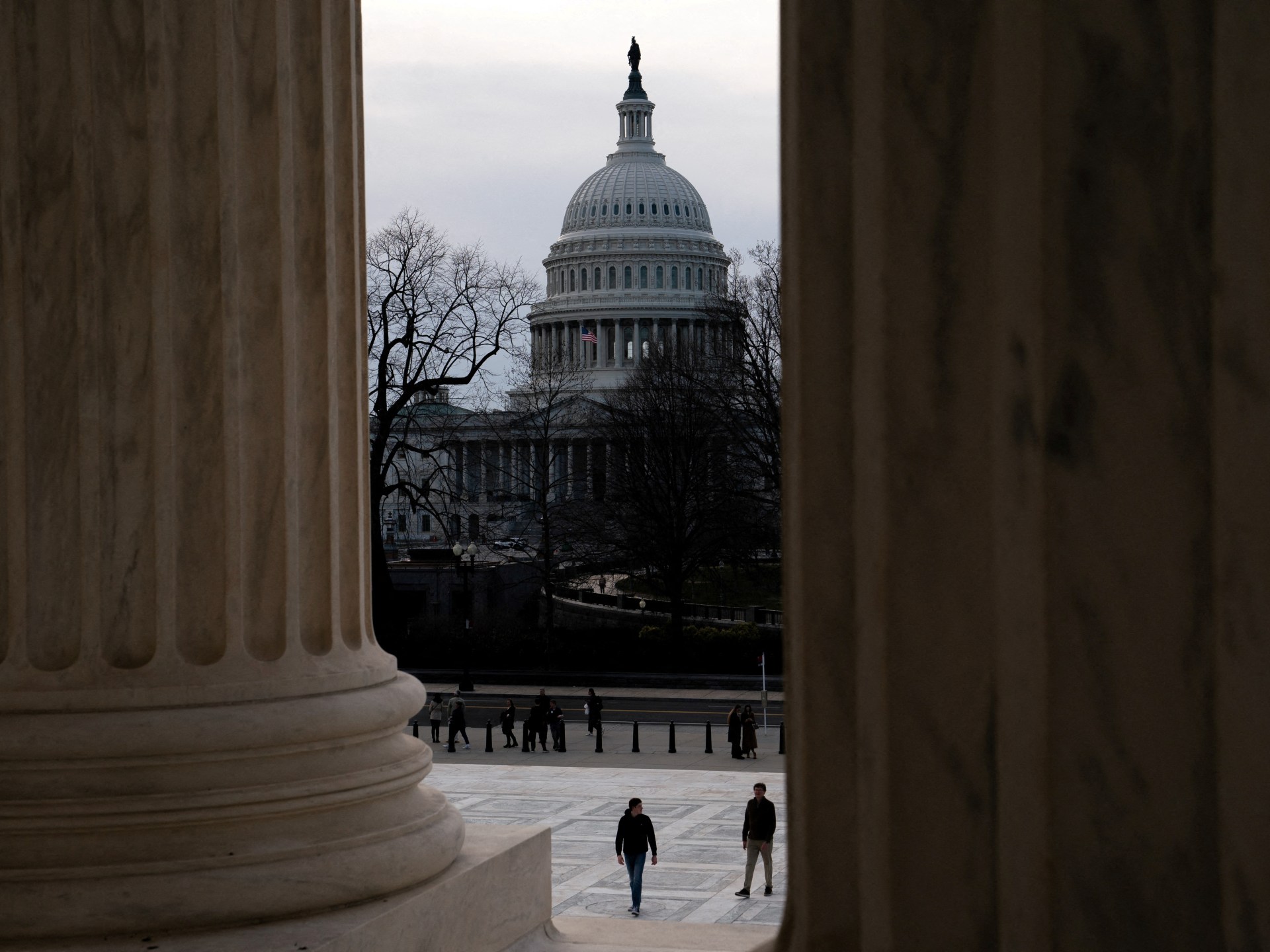The UN Security Council is in Desperate Need of Comprehensive Reforms — Global Issues
NEW YORK, Jun 06 (IPS) – Any fair analysis of the United Nations strongly suggests that the UN of today is not the same UN that was established in 1945. The United Nations Security Council in particular, which was intended to maintain international peace and security, has sadly outlived its usefulness in its current makeup.
It has, for all intents and purposes, been paralyzed due to its own structural fault line that provides the five permanent member states—the United States, Russia, China, the United Kingdom, and France—veto power. Whereas political consideration and self-interest understandably influenced their respective decisions, their veto power has often been used to meet one state or another’s narrow political interest regardless of its impact on international peace and security.
The composition of the UN
When the UN was established, 51 countries were member states of the General Assembly (GA). Presently, there are 193 member states, along with two Permanent Observer states (the Holy See and Palestine).
The GA can pass resolutions by a simple majority that expresses only a general consensus but without any enforcement powers. The problem here is that although the number of states in the GA has quadrupled and represents the entire international community, the Security Council’s size and permanent makeup has not changed, granting decision-making powers over binding resolutions to an increasing disproportionately small number of nations.
The United Nations Security Council
The UNSC (the Council) is composed of 5 permanent states: The United States, Russia (the successor nation of founding member USSR), China, the United Kingdom, and France.
These countries were accorded veto power because of their status as both great powers and the victors in World War II. They continue to exercise that power even though they do not represent the changing global demographic composition or realities of current geopolitical power.
Moreover, whereas the Council was bestowed with the powers to maintain peace and international security with enforceable mechanisms, it has generally failed to reach consensus on enforcing its own resolutions.
Thus, many countries who committed even egregious violations of the UN Charter have not generally been punished, which in many ways signaled that any country can violate the Charter and do so with impunity.
The creation of UN agencies
Although the UN has lagged greatly in its intended purpose to maintain international peace and security, it has over the years established many agencies that provide significant humanitarian assistance in many fields.
Among the most important agencies are the Office of the High Commissioner for Human Rights, World Food Program, International Monetary Fund, UN Educational, Scientific and Cultural Organization (UNESCO), World Health Organization, High Commissioner for Refugees, and UN Women. In this respect, the UN has become a massive relief organization.
UN Peacekeeping Forces
Another important branch of the UN is its peacekeeping forces. In many cases the peacekeepers rendered important services to keep the peace in different areas of conflict and in different times; currently, peacekeeping missions are ongoing in the Golan, Cyprus, Kosovo, Lebanon, Mali, Central African Republic, Western Sahara, Democratic Republic of the Congo, Sudan, South Sudan, and India and Pakistan, to maintain ceasefires, prevent outbreaks of violence in contentious areas, promote human rights, support humanitarian services, and support stabilization efforts as each individual mission requires.
On the whole, however, UN peacekeeping forces have become basically an afterthought to the global community as an increasing number of states no longer view UN forces as effective in their missions, and as the UN fails to hold accountable peacekeepers who commit human rights abuses, particularly sexual abuse and exploitation.
Nevertheless, as the World Bank notes, “every study that looked at diverse types of peacekeeping missions found that the UN was more effective in preventing and reducing violence than non-UN missions, and that stronger mandates and larger missions increased the likelihood of any mission’s success.”
In recent years, however, there has been a decrease in funding for UN peacekeeping forces, particularly due to the Trump administration’s withholding of full funding, which may eventually lead to dispatching of fewer and fewer peacekeepers, especially if more countries refuse to provide their share of funds.
Reforming the Security Council
Regardless of the importance of the humanitarian agencies, given the increasing violent conflicts around the world, the importance of the Security Council’s task to maintain international peace and security must become again central to the functioning of the UN.
Due to the present makeup of the Council, however, it cannot operate in that capacity unless significant reforms are undertaken. As a case in point, one must only look at the behavior of Russia at the onset of its invasion of Ukraine, where Ambassador Vassily Nebenzia denied in the midst of the invasion that it was not a war but only a “special military operation.”
He also vetoed numerous resolutions condemning Russia’s actions, a move that Norwegian Ambassador Mona Juul criticized, stating “A veto cast by the aggressor undermines the purpose of the council. It’s a violation of the very foundation of the U.N. Charter.”
It will be presumptuous on my part to provide the kind of reforms necessary to make the council relevant to international peace and security. Many have tried before me and sadly to no avail. One thing though is clear.
For the Security Council to meet its obligation and responsibility and be effective in maintaining peace and security, it must first and foremost represent the demographic makeup of the international community.
In addition, given the fact that the current countries on the Security Council will not relinquish their veto power voluntarily or by any provision in the UN Charter, the following partial reforms stand at least a small chance of being adopted. To that end, the following should be considered:
The Security Council should expand from 15 to 21 member states.
Nine states or regional unions will be granted permanent membership with veto power: the EU, the US, Russia, China, India, Indonesia to represent Asian countries, Brazil to represent the Latin American countries, the Arab League, and the African Union. Naturally the UK could present a major obstacle in this format, as it is no longer a member of the EU and would thus lose representation on the Council.
Twelve other countries in the Security Council would rotate every two years based on the current format.
A resolution can only be vetoed if two countries exercise their veto power.
The Security Council will establish an enforcement mechanism to ensure that its resolutions are carried out.
The Security Council will be empowered to resolve current violent conflicts and mediate other conflicts before they become violent.
The General Assembly will have the power to override any veto by a two-thirds majority.
The current global population is approximately 7.9 billion, and the total population of the above states or unions is 5.8 billion. As such, the Security Council would represent 73 percent of the global population, instead of the current Council makeup which only represents a paltry 25 percent, lower even than the 35 percent of the global population that the permanent UNSC members represented at its creation.
As I indicated above, this may well be a farfetched idea, but then again, we must begin to think seriously about reforming the Security Council if we want the UN to perform the way it was intended to.
Indeed, violent conflicts are on the rise, countries are infringing on the sovereignty of other weaker countries, and still many old conflicts remained unsolved. Together we are witnessing a far greater global volatility.
To stem these tides, we need a renewed effort to reform the UN Security Council and give it the power to resolve conflict peacefully.
IPS UN Bureau
Follow @IPSNewsUNBureau
Follow IPS News UN Bureau on Instagram
© Inter Press Service (2022) — All Rights ReservedOriginal source: Inter Press Service
Check out our Latest News and Follow us at Facebook
Original Source







